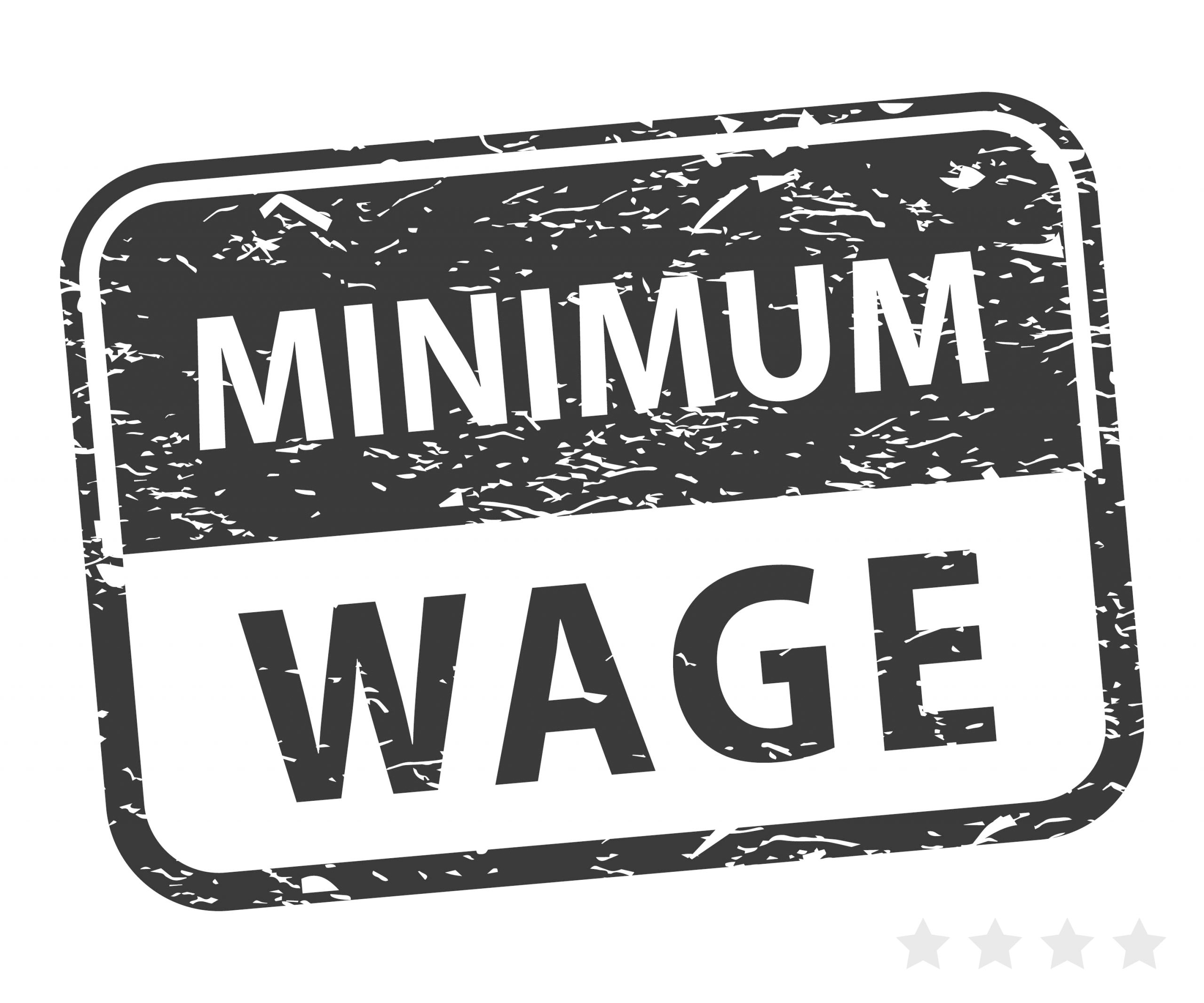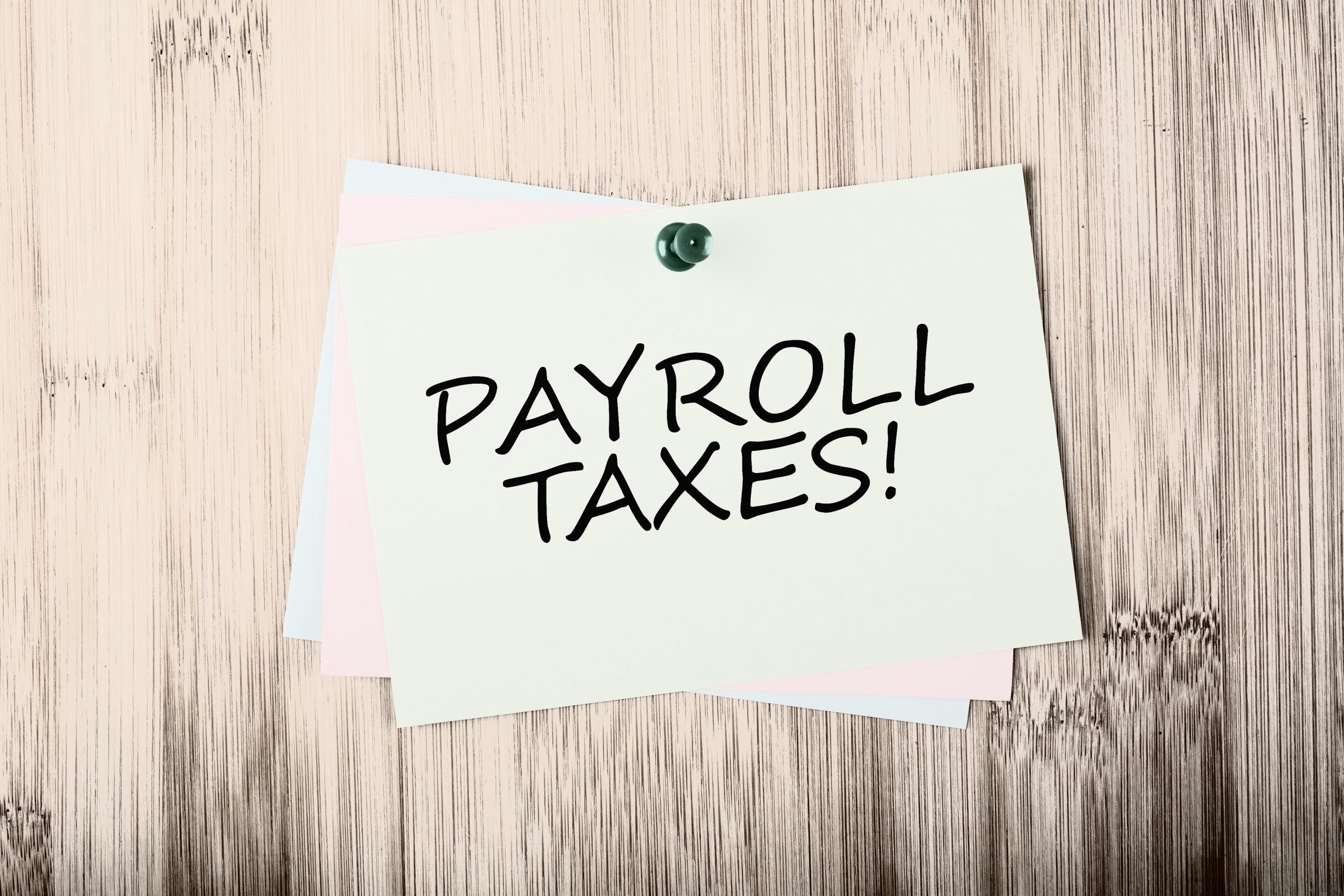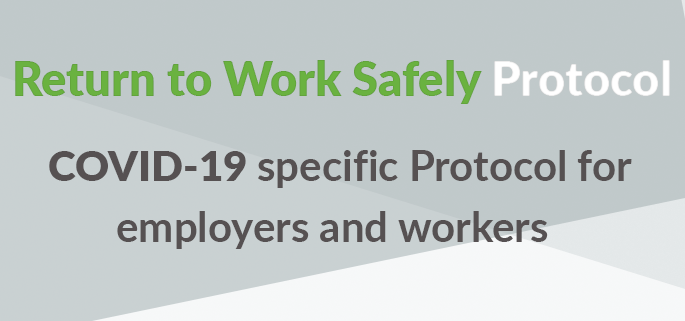The national minimum wage will increase from €9.80 per hour to €10.10 with effect from 1st February 2020. Employers should note that the minimum wage for all ages of work with effect from 1st February 2020 will be as follows: National Minimum Wage (Age 20 and over) = €10.10. Aged 19 = €9.09. Ages 18

30
Dec
National Minimum Wage increase from January 1st 2021
From January 1st 2021, the National Minimum wage will be increased from €10.10 to €10.20 per hour for employees aged 20 and over. These employees working 40 hours a week will see their gross wages increase by €4.00 per week. The following rates of pay per hour will apply to the following: Aged 19 Years

21
Dec
Taxation of Temporary Wage Subsidy Scheme (TWSS) and Pandemic Unemployment Payments (PUP)
The Temporary Wage Subsidy Scheme payments are subject to Income Tax (IT) and Universal Social Charge (USC). Pandemic Unemployment Payments are subject to Income Tax. Employees will be able to view their tax position by obtaining a Preliminary End of Year Statement on their MyAccount with Revenue. To finalise their tax position, claim additional credits

18
Dec
Employers paying employees’ 2020 tax liability
Revenue will facilitate employers who wish to pay employees’ 2020 tax liabilities. This applies to Income Tax (IT) and Universal Social Charge (USC) which arise due to the TWSS. Employers must engage directly with employees and agree the method to pay the liability involved. In mid-January 2021, Revenue will make a Preliminary End of Year Statement

16
Dec
Small Benefit Exemption
Do you want to give your employees a tax free bonus? Employers can give employees a small benefit of up to €500 in value, tax free, each year. This benefit must not be in cash. If more than one benefit is given in a year, only the first one qualifies for tax free status. Unused

10
Aug
Employment Wage Subsidy Scheme (EWSS)
The Employment Wage Subsidy Scheme (EWSS) will replace the Temporary Wage Subsidy Scheme (TWSS) from 1st September 2020. The EWSS provides a flat-rate subsidy to qualifying employers based on the numbers of paid and eligible employees on the employer’s payroll. To qualify for the scheme, an employer must be able to demonstrate that: their business will experience

29
Jun
Update on the Temporary Wage Subsidy Scheme
The Temporary Wage Subsidy Scheme (TWSS) has been extended to 31st August 2020. Revenue will continue to administer the scheme reimbursing employers for subsidy amounts paid to eligible employees, notified to Revenue via the payroll process. Employers Eligibility The eligibility criteria to continue participating within the scheme or to now join the scheme remains unchanged.

17
Jun
Getting Back to Work – Steps for Employers and Workers to Reduce Risk of Exposure to COVID-19 in the Workplace
Any decisions to re-open a workplace must be in done in compliance with the Government and public health advice. Employers, in consultation with the nominated worker representative(s), must take the following steps: Develop and/or Update the COVID-19 Response Plan. Develop or amend policies and procedures for prompt identification and isolation of workers who may have

22
May
COVID-19Temporary Wage Subsidy Scheme (TWSS) – Operational Phase
The Operational Phase applies to any TWSS submissions submitted to Revenue on or after 4th May 2020. The Operational Phases ensures that the Subsidy paid to employers will be based on each individual employee’s Average Revenue Net Weekly Pay (ARNWP) and the gross pay as reported by the employer in the payroll submission, subject to

24
Apr
Lay Off, Short- Time Working & Redundancy
What is Lay – Off? A lay-off situation arises if your employer: Is unable to provide work for you, Believes this is a temporary situation and, Gives you notification of the lay off before the work finishes. It may be a case that your employer may have had to close their business due to COVID-19

10
Apr
E-Working and Home Workers
eWorking is where your employee works: at home on a full- or part-time basis part of the time at home and the remainder in the normal place of work. eWorking involves: logging onto a work computer remotely sending and receiving email, data or files remotely developing ideas, products and services remotely. Equipment and facilities You




